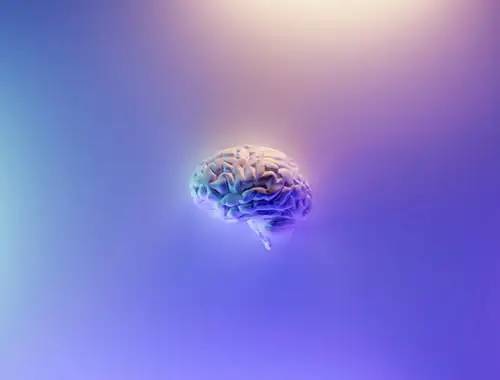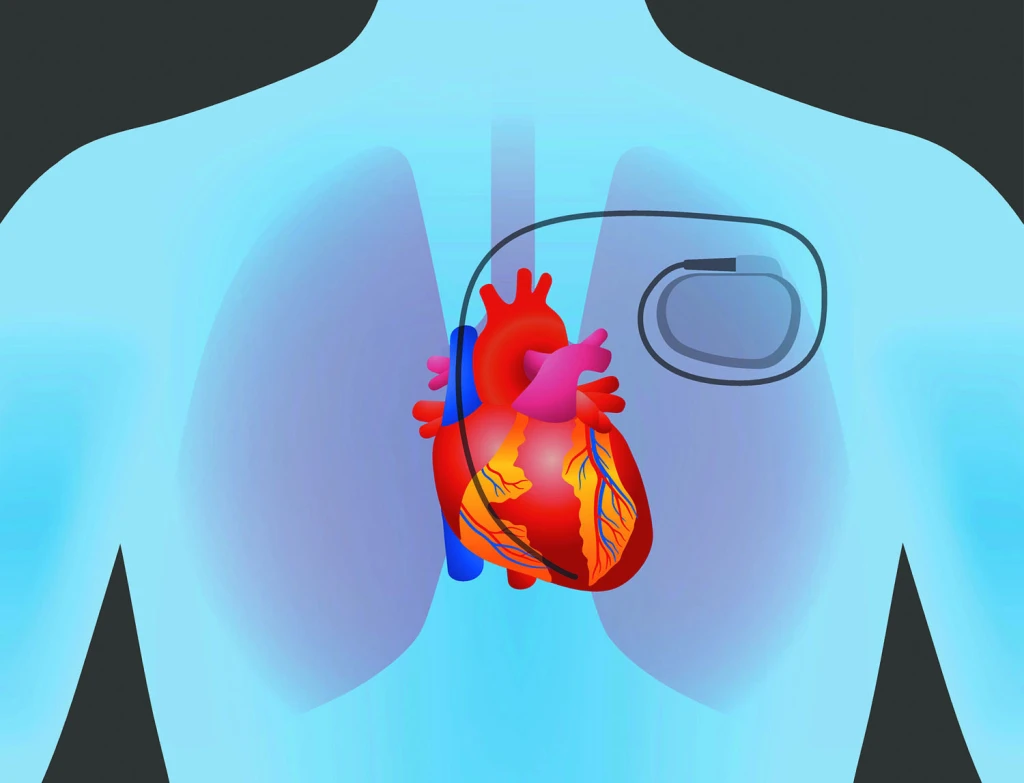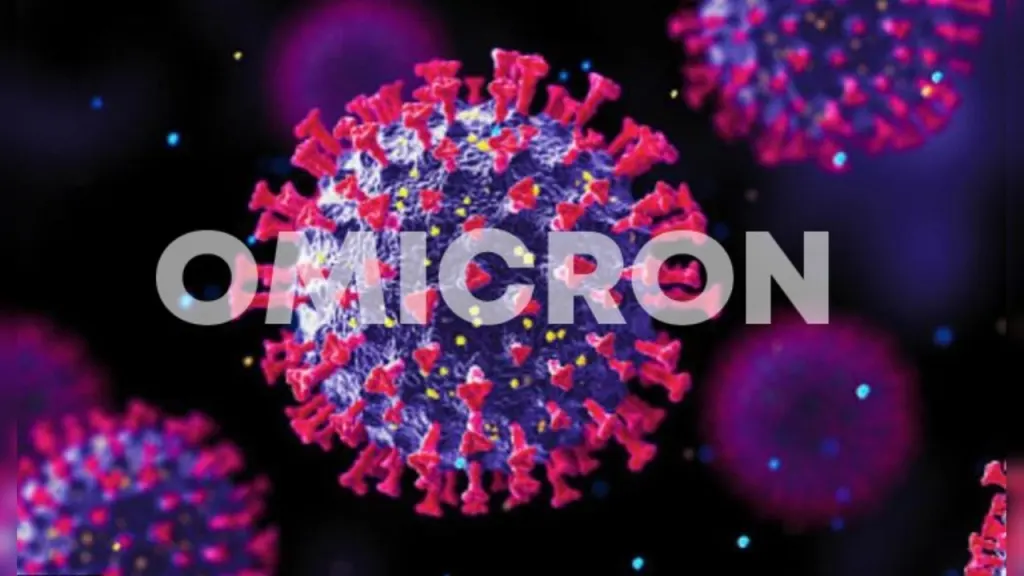Many of us keep falling short of being truly happy and relaxed in life, often due to the invisible baggage of negative thoughts at the back of our minds that anchor our moods and feelings.
Some of the common conditions such as excessive anger, anxiety, depression, guilt, hopelessness and sleep disturbances could stem from “traumatic” experiences of the past that our minds are “stuck” at that sometimes keep transmitting “negative” pulses.
A simple example could be a child being brought up to believe that the world is full of kind and trustworthy people, till one day he sees a soft-spoken elderly male relative whom he loved, ruthlessly beat a helpless dog on the street to death. This could constitute a trauma as his past belief about elderly relatives and the present cruel spectacle are difficult to reconcile. This “shock” could prevent him from “trusting” elderly soft-spoken people, and in fact cause him to feel helpless, angry and anxious whenever confronted by situations that conjure fragments of the old experience now lying buried in some part of the mind.
A new approach to identify “trauma” and resolve it could settle much of our miseries, suggests Professor of Psychiatry Patricia Resick, PhD, who has come up with a new approach called Cognitive Processing Therapy (CPT).
According to her hypothesis, once freed from the shackles, a person can see enhancement in self-esteem, intimacy, trust, safety and behavior.
While there is a plethora of counselling techniques to resolve the “past” problems, almost all psychologists and mind-therapists of different genres agree on one common denominator, that unpleasant traumatic experiences of life, sometimes perhaps in early childhood, could be casting long shadows and shaping our thoughts and feelings of our present days, and making us partly what we are.
The controversy seems to be in the approach to tackle it.
Cognitive Behavior therapy (CBT) is presently in fashion. In this method the counsellor or guide helps you identify how and what “triggers” your thoughts and emotional responses, how these in turn affect your body responses, and then your behavior. CPT is one of its parts, specifically targeting past “traumas” such as the helplessness and trauma you felt when an elderly relative contracted COVID and died without getting access to ICU care, helping you get unstuck from its persistent impact.
Most of you may not need or go on to seek therapy, but this post could help you understand how your mind, thoughts, emotions and behavior are shaped, with past “trauma” sometimes being an important factor. Leaving the past behind is easier said than done.
And if a “negative” feeling is not letting you enjoy life to its full, you may try monitoring your thoughts and their triggers.




